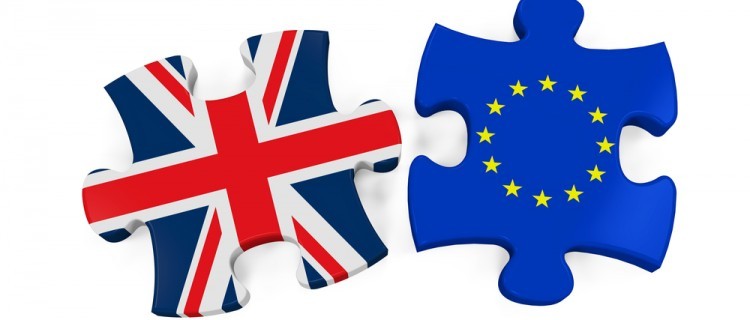WS LOGIN

Brief summary here of my thoughts on the implications of the various Brexit scenarios, without any politics!
The Theresa May Deal
We go into a two year transition period during which we trade as we are, whilst the government negotiate a trade deal with Europe.
These deal was rejected last night, but it is not unlikely that some form of deal along these lines is finally agreed. If that happens it is no change for 2 years and details of the final deal will begin to emerge.
The final deal agreed after 2 years is aiming at “frictionless trade” with Europe, so we hope that means few tariffs on equipment we are buying or selling with Europe. However the more frictionless the trade with Europe, the less flexibility we will have in negotiating with other countries, as we are taking more rules from Europe. Where that balance ends up we will have to see.
The Hard or No Deal Brexit
This effectively means we leave the EU with no agreement, but we would still be able to trade under WTO rules.
These rules basically state that EU can’t apply tariffs to one country and not another. For example they would not be able to take Kubota excavators from Japan without applying tariffs, but slap tariffs on JCB’s from the UK. There are no EU tariffs on heavy equipment such as excavators, but there is a EU 2.7% import tariff on smaller equipment for example electric drills. Uk drill manufacturers selling into Europe would immediately be less competitive as importers into Europe would have to pay the tariff. JCB’s on the other hand would see no change from a tariff standpoint.
In a no deal scenario the UK government would have the freedom to apply tariffs as it sees fit, for example they could apply a tariff on imported tools. In this case the cost of imported equipment may rise as buyers would have to pay for the tariff, although there has been little discussion of the government doing this so far.
As there are no tariffs in the EU on imported plant, the large and important EU market for used equipment should still be open to the UK companies tariff free, meaning there should be little change in the resale value of plant.
As time goes by there is no obligation for the UK to stick to EU criteria for engines/emissions etc., so instead of Euro IV we may hear for example UK1. The issue here is that it makes used equipment much harder to sell into Europe as it would not be legal there. It also may mean that new equipment becomes more expensive as manufactures have to make the equipment specifically for the UK market. It is similar to a larger machine being more desirable in the UK market at the moment if it has EPA accreditation as it can then be eventually sold into the US market.
Customs Union
The much spoke about customs union, which is beginning to emerge as an option that may get through parliament.
The UK agrees to apply the same standards to all its goods and services as the EU. The UK is no longer a member of the common fishery or agricultural policy. The UK is no longer in the single market so there are no freedom of movement rights between the UK and the EU.
The trade in plant and equipment between the UK and Europe remains largely as is. Emissions standards would be set by Europe, but applied local as is the case now, for example the ULEZ in London.
Goods could be traded freely and tariff free between the UK and Europe as happens now. Goods coming into the Uk would be still subject to EU tariffs, for example we have to charge 2.7% on non-eu tools. We would not be able to control this, hence we would not be able to do our own trade deals.
Full single market access is probably politically unlikely as continuing to allow free movement of people is seem as not respecting the referendum. In terms of the plant and tool hire business, it would result in very little change to the current situation. I have also left out any discussion about the direction of the pound, as although it has a huge bearing on the cost or new equipment (which we are really feeling recently!), it is almost impossible to predict with any accuracy. Also if there are huge delays at ports, this may impact on the availability and cost of imported equipment and our ability to export used equipment, however we have to hope that over a longer time period we would be able to resolve these issues.